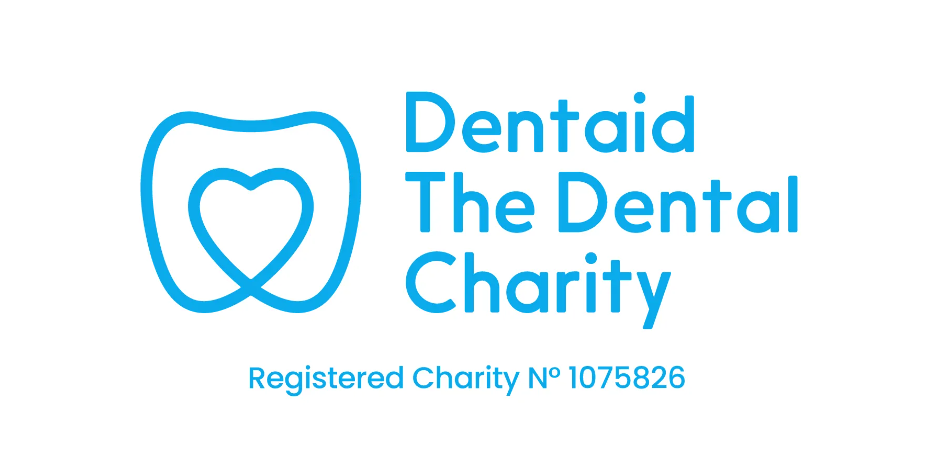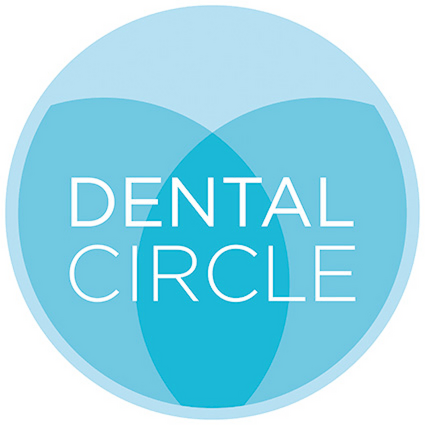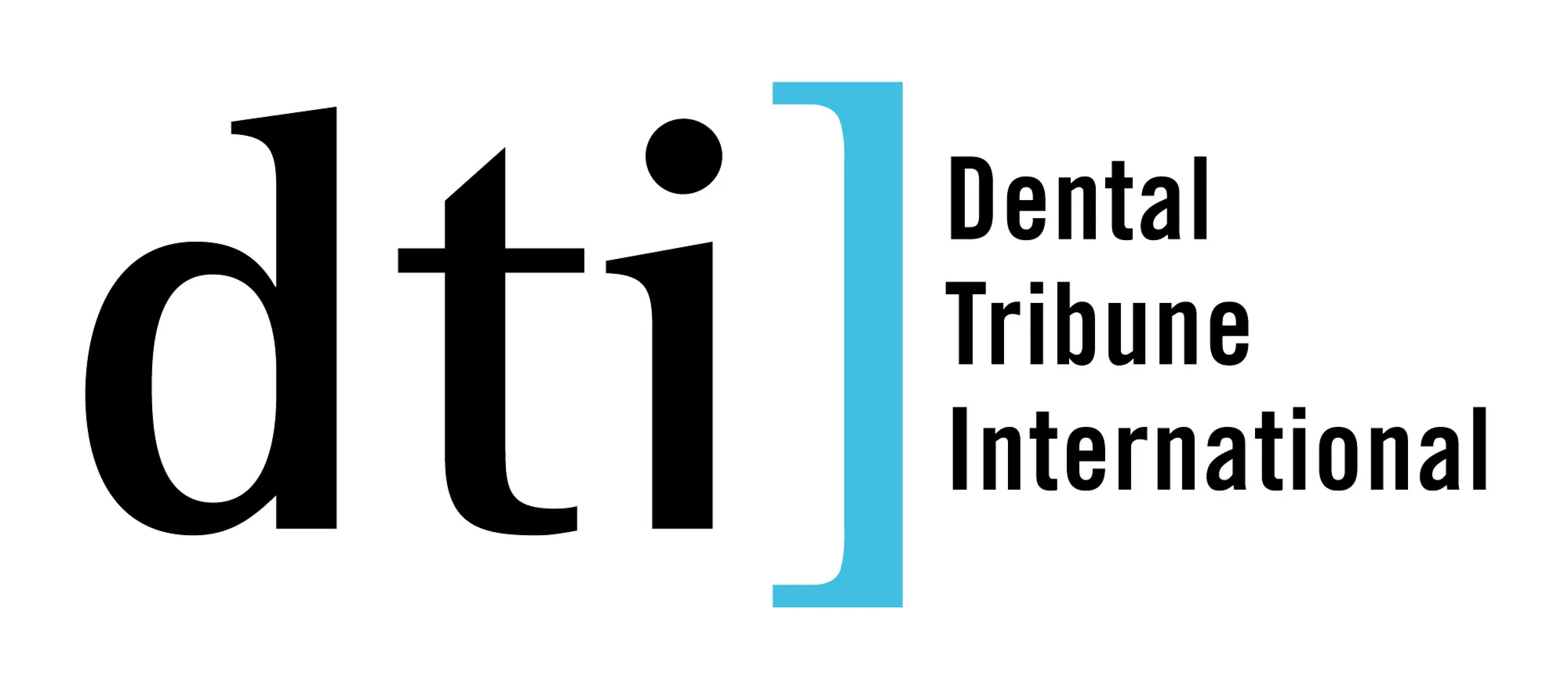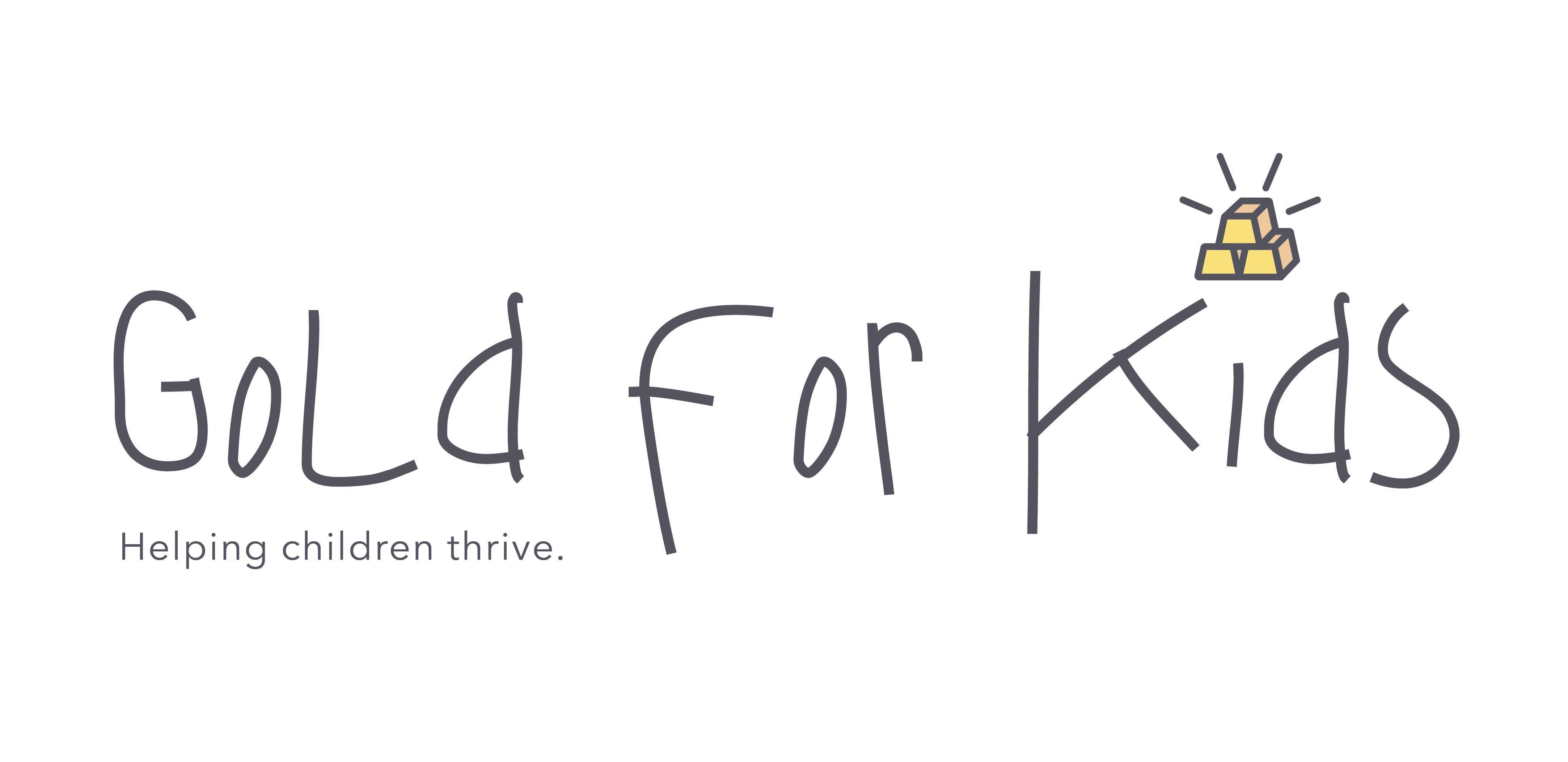Skills in communication: from pay negotiations to domestic abuse support
)
Technical expertise is fundamental to dental nursing but ‘hard’ skills must work in conjunction with ‘soft’ skills for fruitful communication in the workplace. Effective speaking, listening and observation are ‘soft’ skills that can have a significant impact in all areas for dental professionals and patients alike.
Two communication-critical topics are addressed by Preetee Hylton RDN in talks at the Dental Nurses’ Forum (DNF), hosted by the British Association of Dental Nurses (BADN) at the British Dental Conference & Dentistry Show (BDCDS). Preetee is a dental nurse, safeguarding lead, tutor and advocate for mental health and domestic abuse awareness within the dental industry. She will discuss subjects about which she is very passionate: “Negotiation Skills for Dental Nurses” and “Domestic Abuse Awareness in Dentistry”.
Negotiating: a skill for life
With multi-sector pay-related industrial action in the headlines, the ability to negotiate effectively is clearly of universal benefit. Explaining the premise for her negotiation skills talk, Preetee says:
“Negotiation is a valuable skill that can help dental nurses address many challenges, including inadequate wages, poor treatment, work conditions and lack of opportunities. It takes time and practice, but by advocating for themselves, dental nurses can advance their careers and create a better work environment for themselves and their colleagues.”
Preetee challenges preconceptions about instigating negotiations, asserting:
“Asking for better wages or benefits does not mean dental nurses are greedy or entitled; it’s a reasonable request for fair compensation, especially during the cost of living crisis. Negotiating does not mean being difficult or demanding; it is about recognising our value. Your employer may not be able to grant all your requests but, by presenting your case clearly and respectfully, you may be able to negotiate some improvements in your work conditions and show that, as a dental nurse, you are willing to be proactive and speak up for yourself.”
Casting the spotlight on professional self-esteem, Preetee says:
“I hope delegates attending my lecture will be able to recognise their own worth and the value they bring to their team; that they will learn to negotiate to advance their careers and achieve their goals in dentistry or any other sector.”
Domestic abuse: what to spot, what to do
Domestic abuse can manifest itself in myriad ways. Preetee’s second talk, “Domestic Abuse Awareness in Dentistry”, addresses the pivotal role dental professionals can play in recognising and acting upon its signs. Preetee explains why this is such an important issue:
“Domestic abuse is a pervasive problem that affects people of all ages, genders and socio-economic backgrounds. Unfortunately, victims often do not seek help; when they do, they can turn to healthcare professionals. There is a need for domestic abuse awareness in dentistry, as we may be in a unique position to identify and help victims. Working together as a team to create a safe space in the practice for both patients and employees alike ensures victims of domestic abuse feel comfortable sharing their experiences. Dental professionals can create a non-judgmental and confidential environment by educating ourselves on recognising the signs of domestic abuse and its impacts on both victims and survivors.”
Preetee will highlight ways dental nurses can develop their knowledge in this complex and sensitive area: via specialist organisations, for example. She explains:
“The Employer’s Initiative on Domestic Abuse (EIDA) provides employers with tools and resources to support employees who are victims. EIDA encourages employers to develop supportive policies and procedures and train staff in signs of domestic abuse. EIDA membership means that dental professionals can provide the best possible care to patients who may be experiencing abuse.”
Preetee acknowledges there can be hesitation around raising the issue:
“Some dental professionals feel identifying and helping victims is not part of their job; but we all have a responsibility to provide care and support to patients and colleagues. Victims may be reluctant or afraid to seek help or disclose their experiences; it is important to be proactive in recognising signs of abuse and offering support. Some victims fear reporting domestic abuse to authorities or healthcare professionals will make things worse; but we can provide confidential support and connection with resources and services to help them safely leave an abusive situation. I hope delegates attending the lecture learn how to identify signs of domestic abuse and support those experiencing it. This public health issue affects individuals and communities; dental professionals can contribute to preventing and addressing it.”
Preetee found BDCDS 2022 a very positive experience. She says:
“I enjoyed attending BDCDS last year, raising awareness about domestic abuse in dentistry supported by both the BADN and the National Examining Board for Dental Nurses (NEBDN). It was a pleasure meeting up with my dental colleagues and networking.”
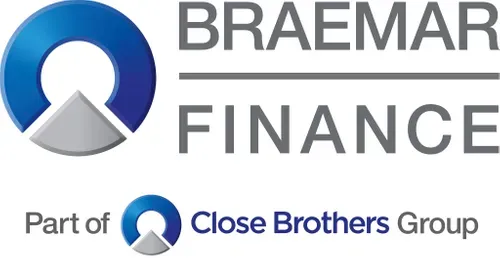

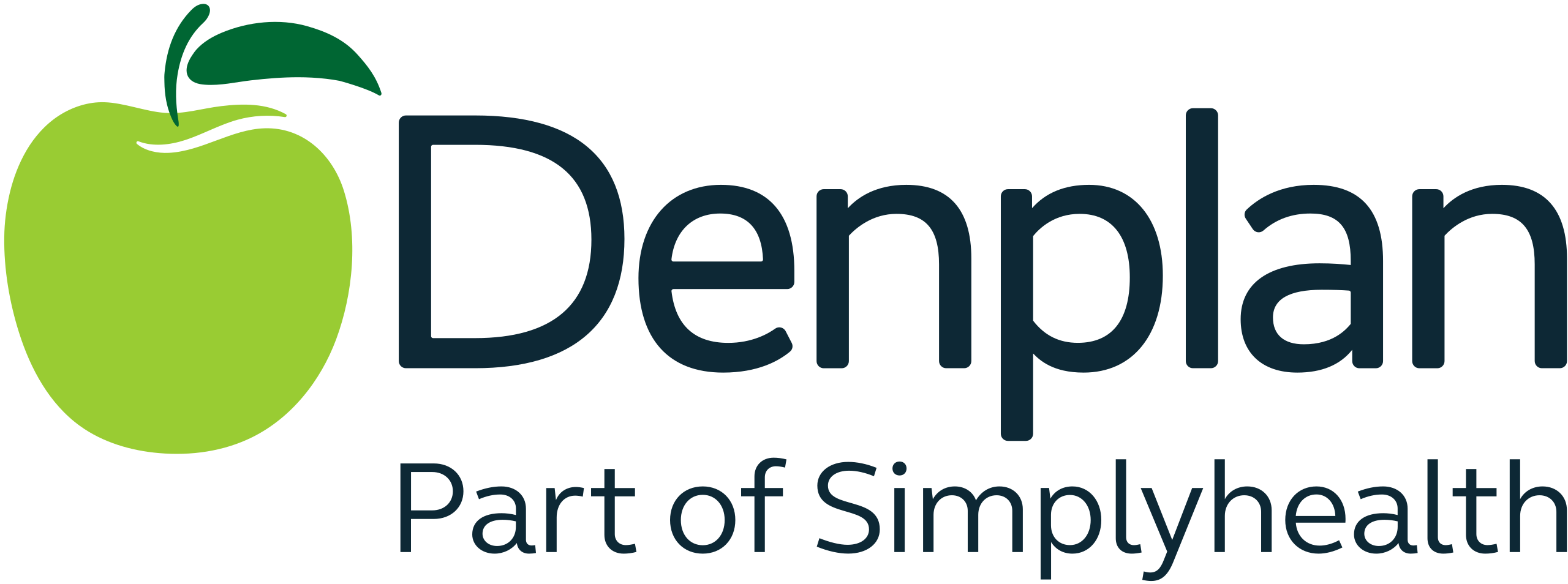
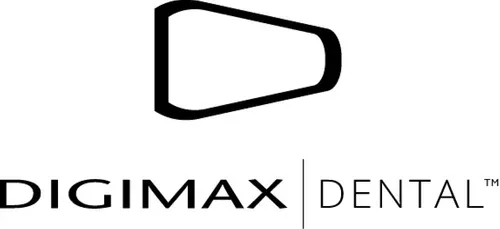


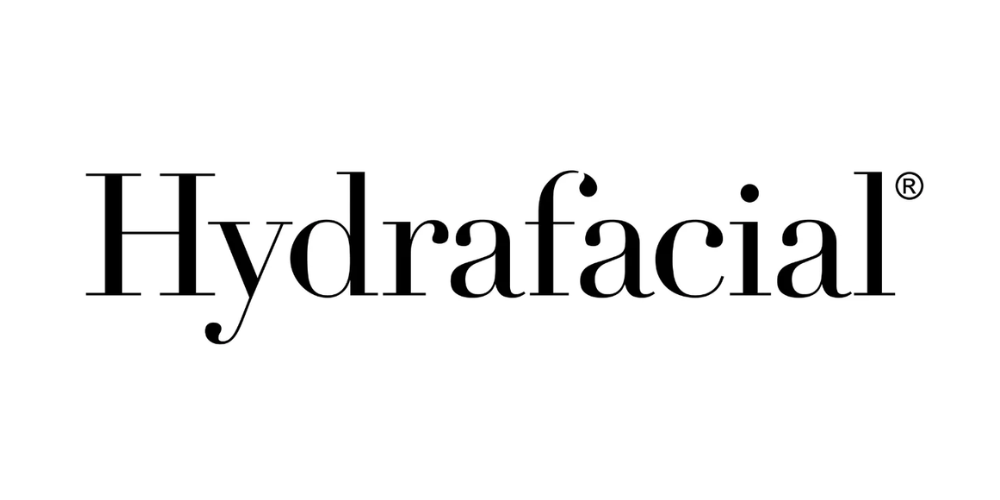
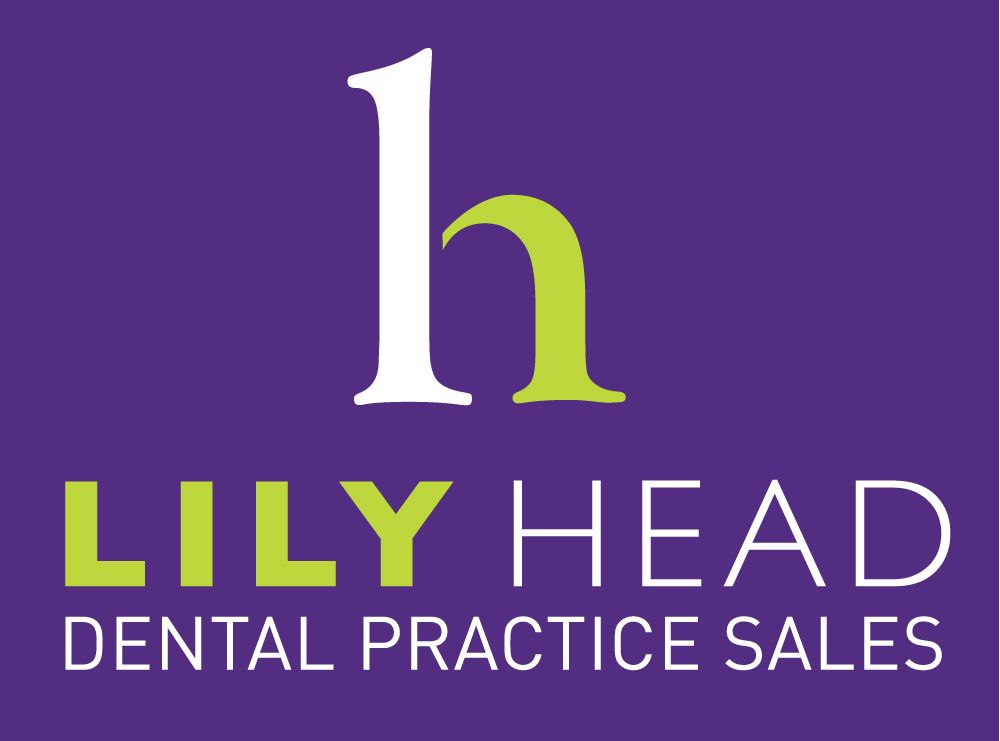







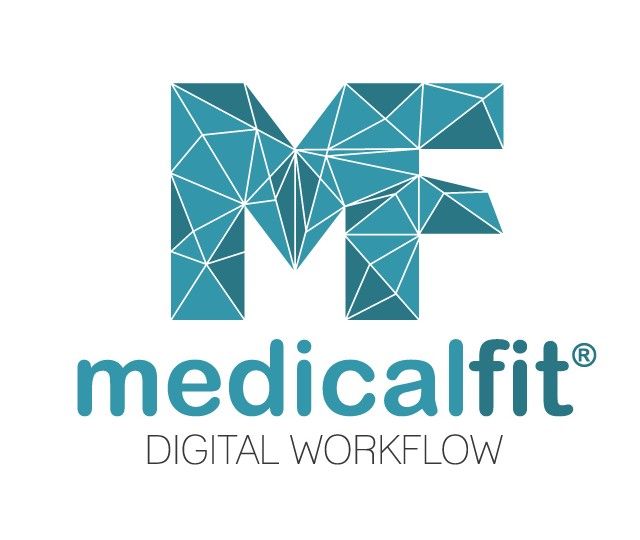


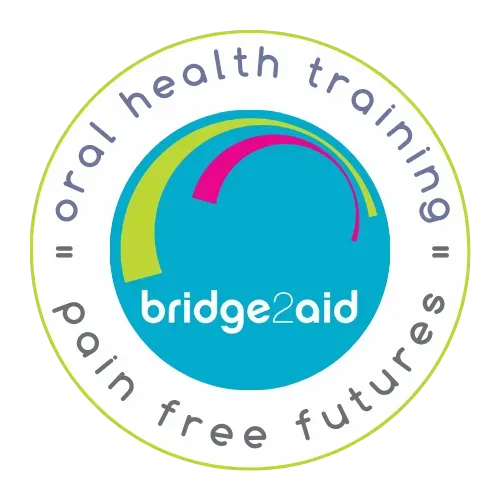
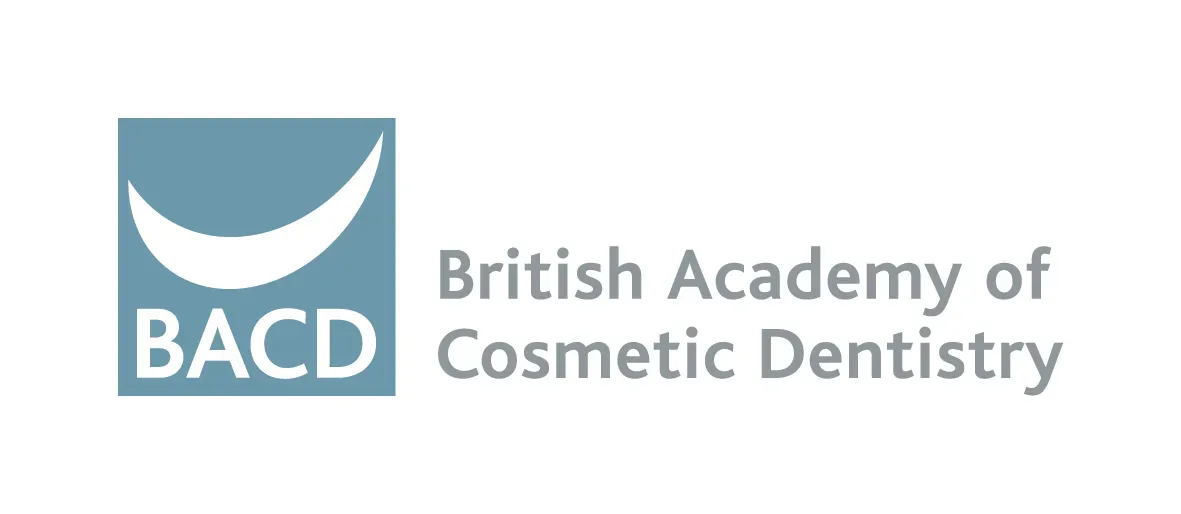
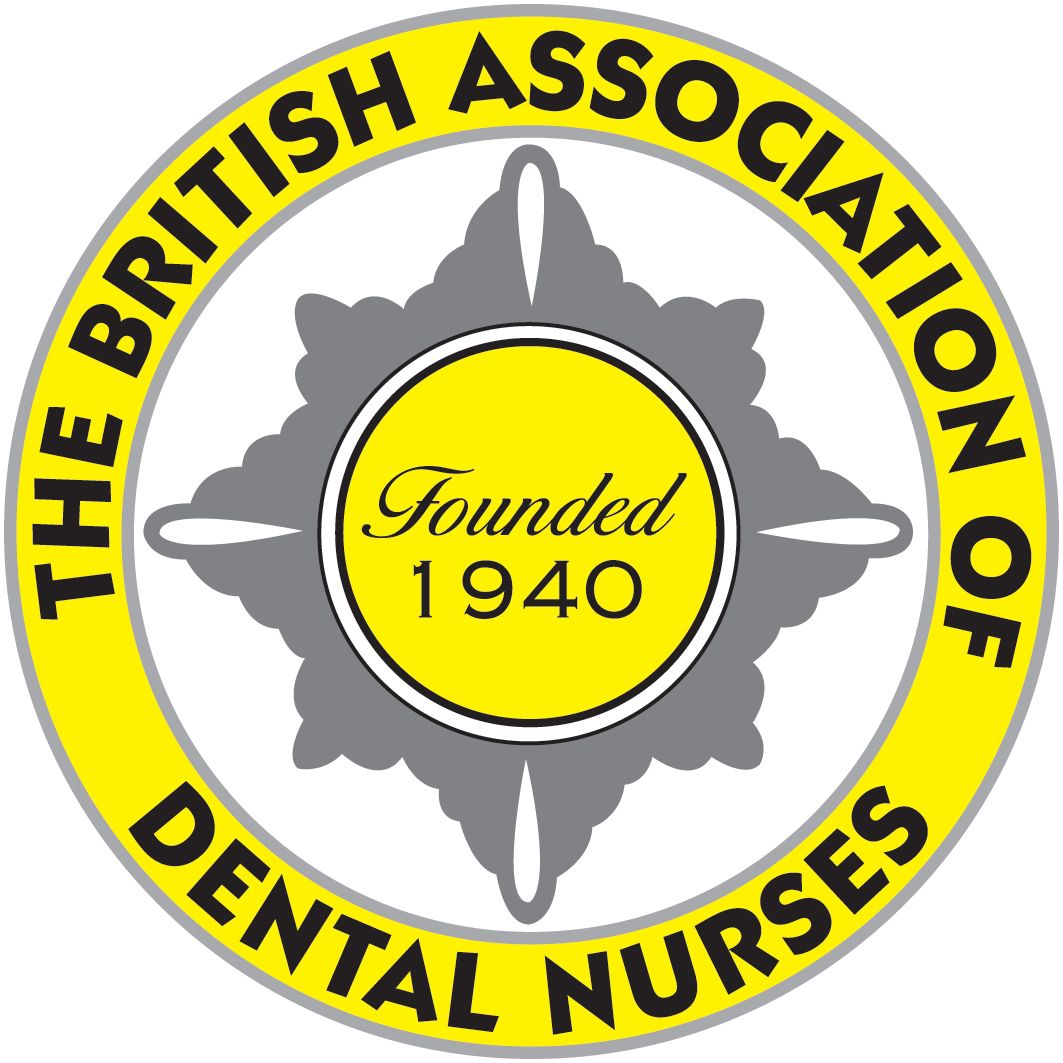
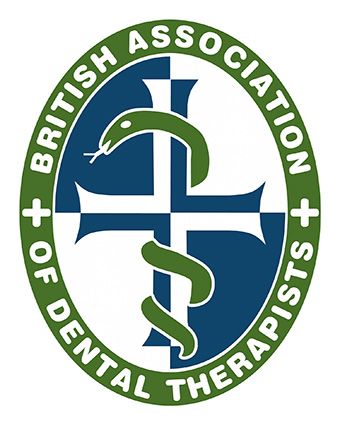
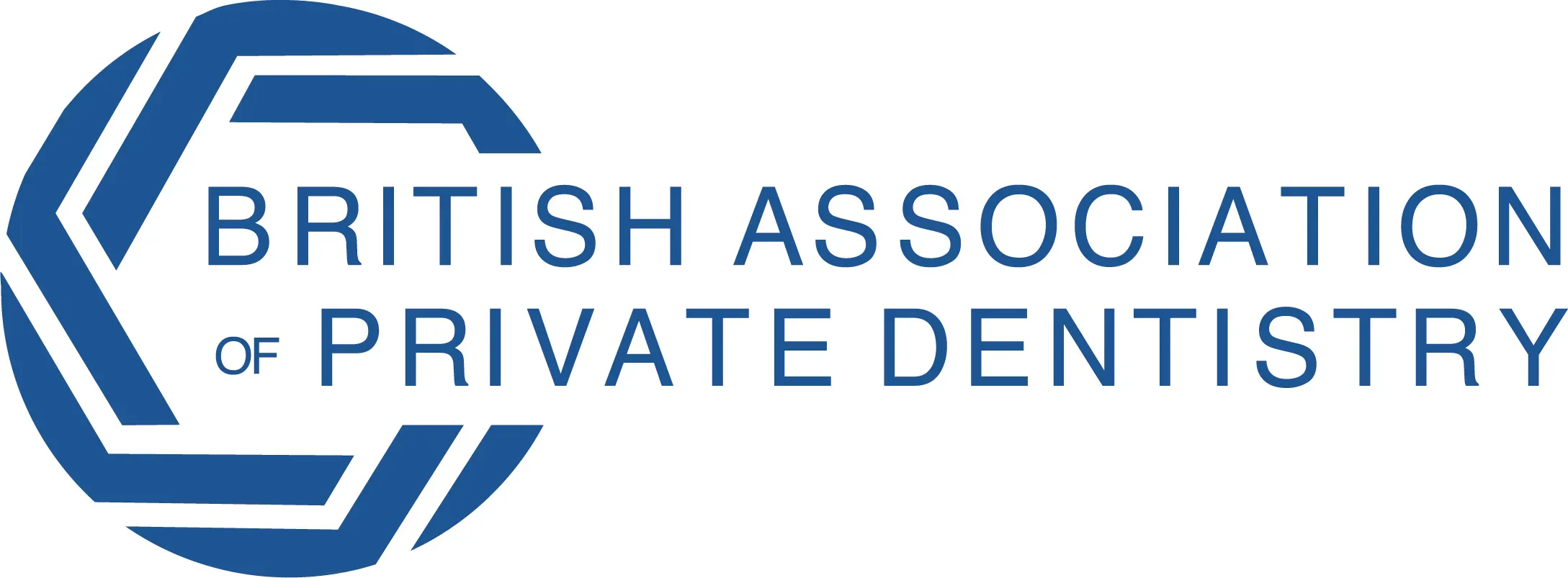
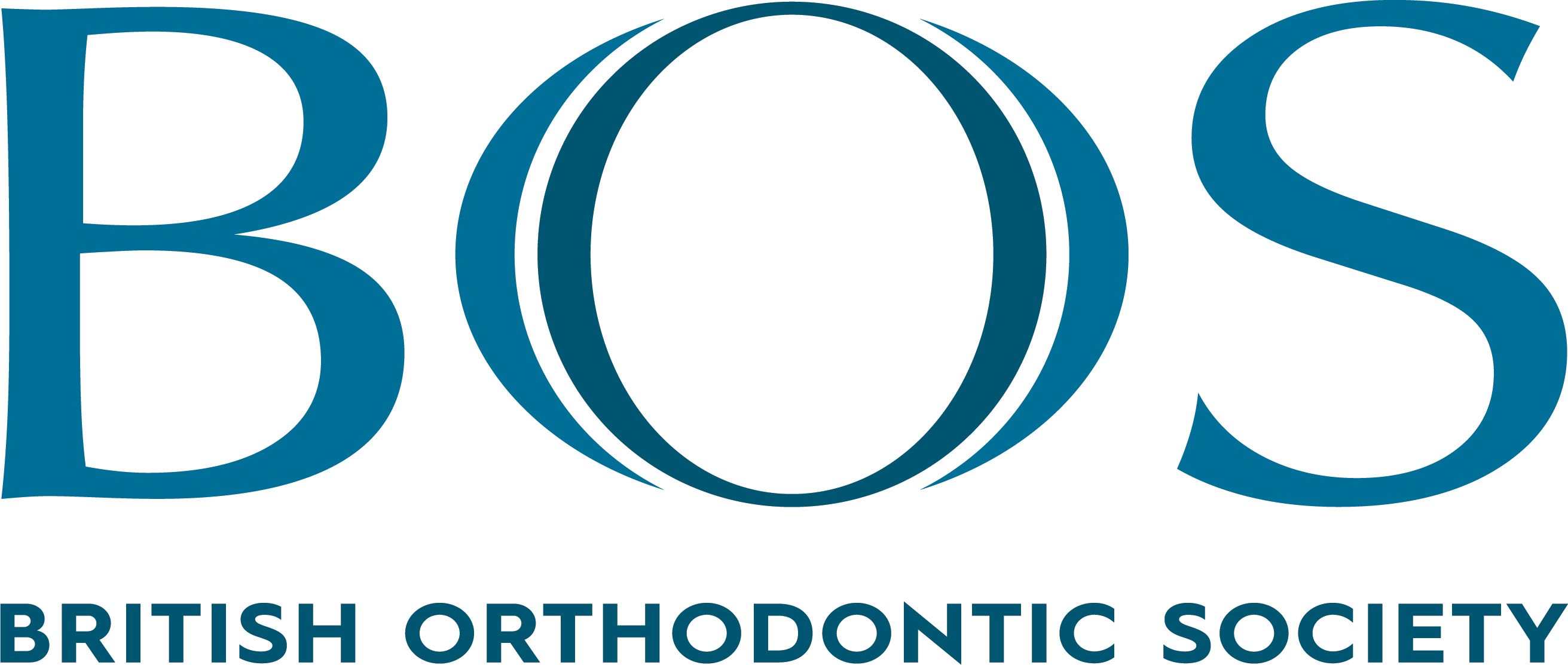
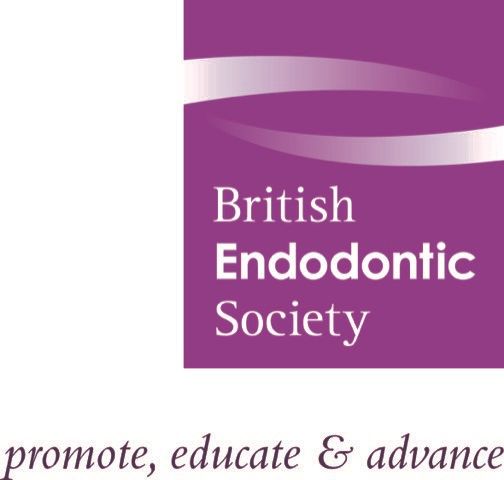
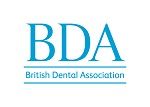
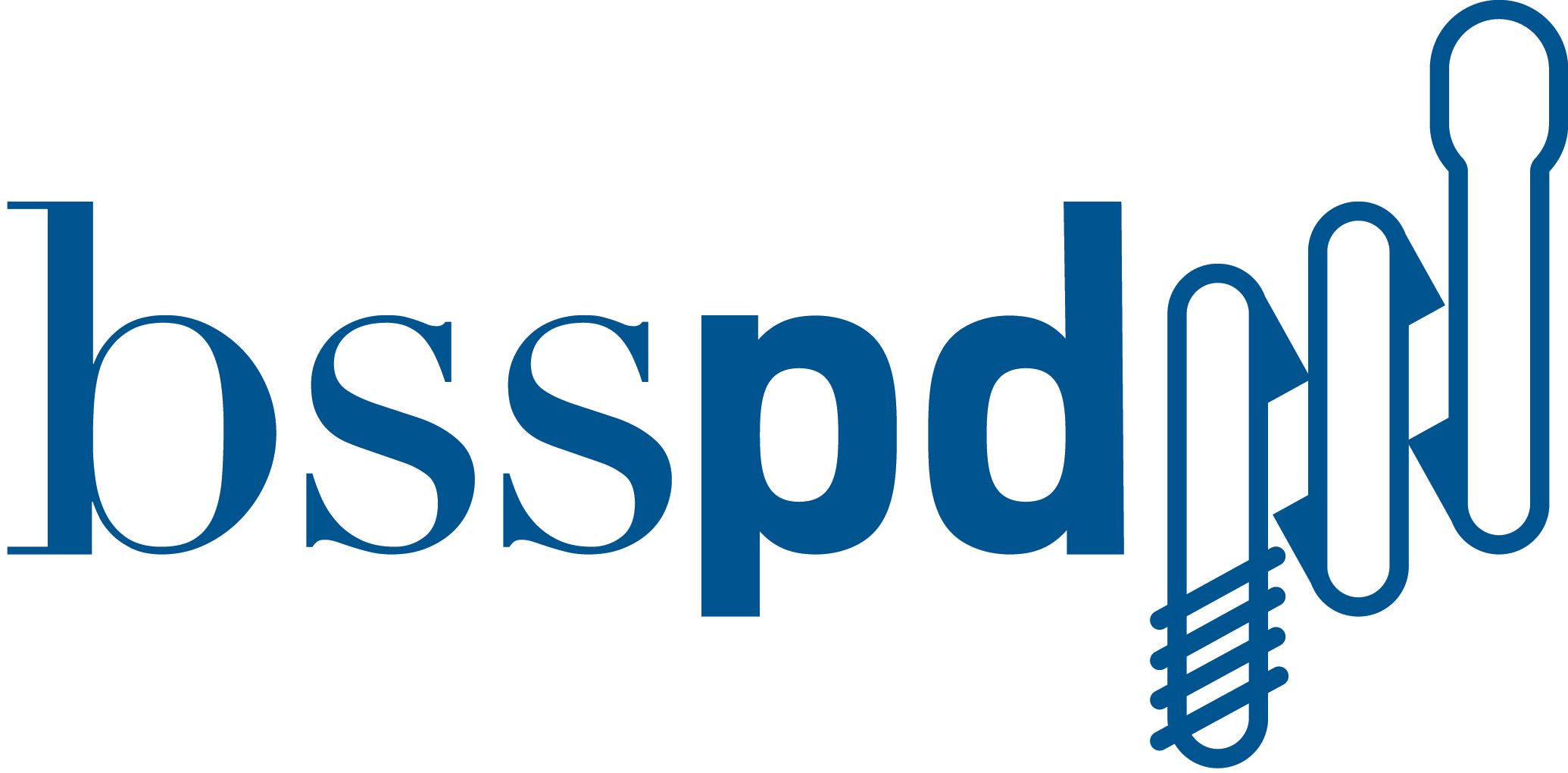

.png)
